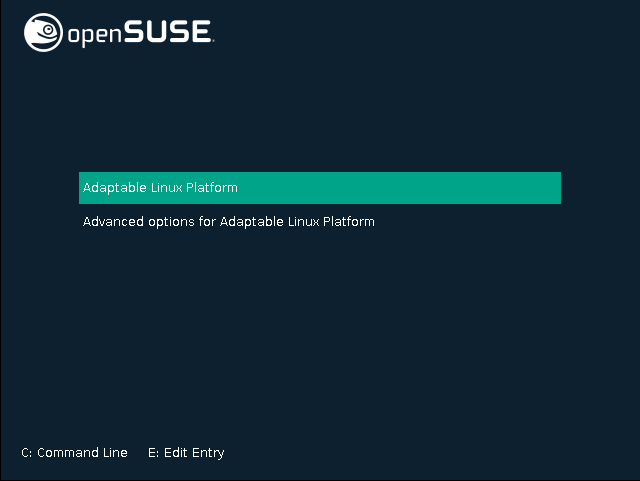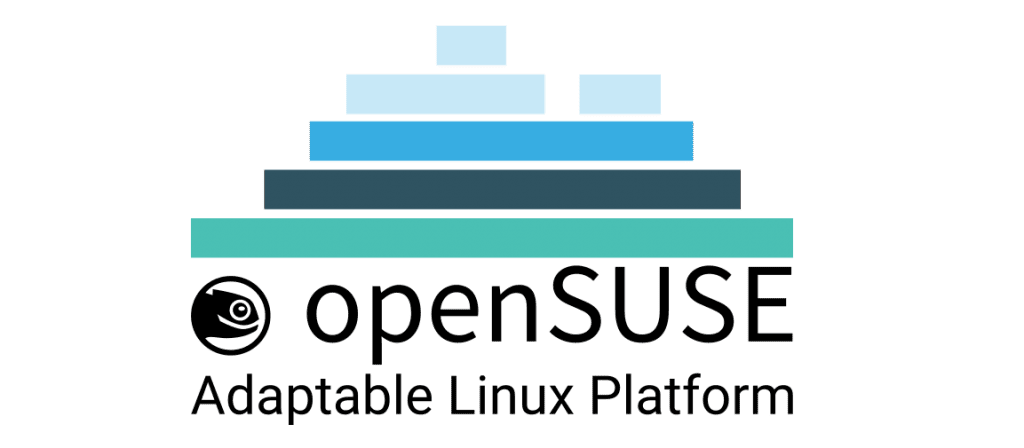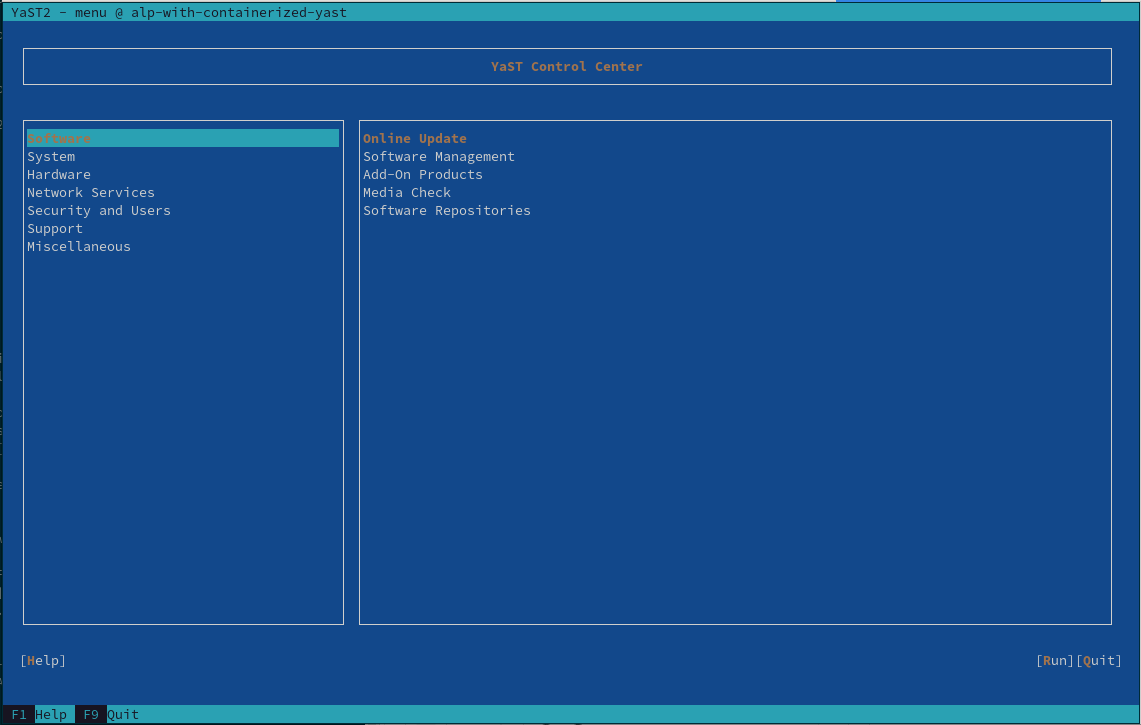The openSUSE Adaptable Linux Platform (ALP), developed by SUSE Corporation in conjunction with the openSUSE community, will be the successor to SUSE Linux Enterprise 15 — and will see “fundamental changes” in technology and design as the next-generation enterprise-grade SUSE operating system.


According to the release schedule, the first public preview of openSUSE ALP will be released later this week, codenamed “Les Droites”. In the teaser, openSUSE mentioned some important changes:
“Les Droites” SLE Micro with self-healing capabilities like HostOS will hopefully make a significant contribution to openSUSE’s OS-as-a-Service/ZeroTouch. The idea is to let users focus on the application itself – not the underlying host, which manages, repairs and optimizes itself. Pre-installed Salt and Ansible can be used to simplify further administrative matters.
Additionally, “Les Droites” will support TPM’s Full Disk Encryption (FDE) by default on x86_64. Numerous containerized system components are also provided, including yast2, podman, k3s, cockpit, Display Manager (GDM), and KVM, which are referred to as workloads.
Seamless system integration will be available at a later date and may vary depending on the type of workload. Examples such as /usr/bin wrappers deployed via rpm etc., ncurses variant of YaST workload running on ALP or virtually any Linux system that supports podman.

OpenSUSE also stated that the Adaptable Linux Platform will only require x86_64-v2 CPUs to run, down from the x86_64-v3 level they previously announced. The OpenSUSE developers have been discussing increasing the x86_64 CPU requirements through AVX-based v3 ISA extensions and other updated instruction sets. But with the fallback to v2, SUSE/openSUSE ALP will be able to run on older AVX-less/pre-Haswell CPUs.
#openSUSE #ALP #prototype #Les #Droites #released #week

